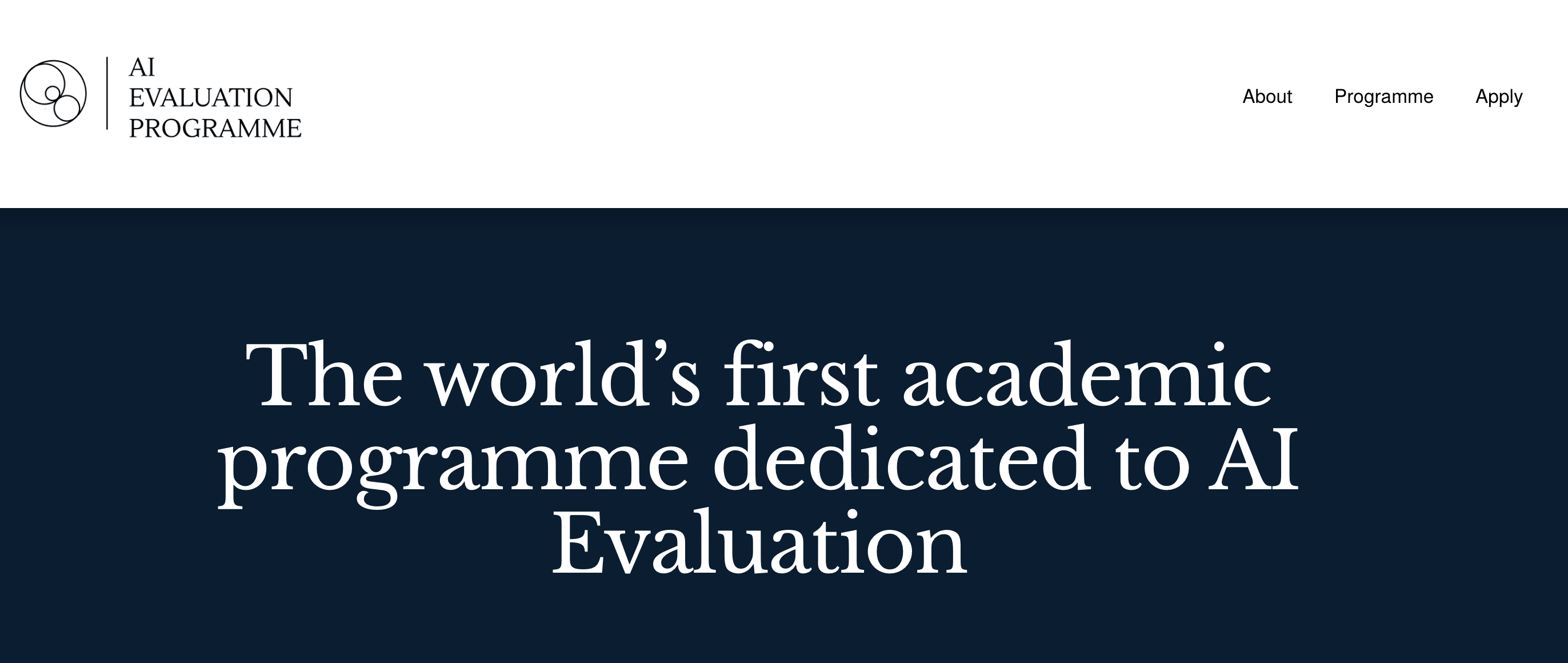Implications of Quantum Computing for Artificial Intelligence Alignment Research
[Crossposted from arXiv] ABSTRACT: We introduce a heuristic model of Quantum Computing and apply it to argue that a deep understanding of quantum computing is unlikely to be helpful to address current bottlenecks in Artificial Intelligence Alignment. Our argument relies on the claims that Quantum Computing leads to compute overhang instead of algorithmic overhang, and that the difficulties associated with the measurement of quantum states do not invalidate any major assumptions of current Artificial Intelligence Alignment research agendas. We also discuss tripwiring, adversarial blinding, informed oversight and side effects as possible exceptions. KEYWORDS: Quantum Computing, Artificial Intelligence Alignment, Quantum Speedup, Quantum Obfuscation, Quantum Resource Asymmetry. EPISTEMIC STATUS: Exploratory, we could have overlooked key considerations. Introduction Quantum Computing (QC) is a disruptive technology that may not be too far ahead in the horizon. Small proof-of-concept quantum computers have already been built [1] and major obstacles to large-scale quantum computing are being heavily researched [2]. Among its potential uses, QC will allow breaking classical cryptographic codes, simulate large quantum systems and faster search and optimization [3]. This last use case is of particular interest to Artificial Intelligence (AI) Strategy. In particular, variants of the Grover algorithm can be exploited to gain a quadratic speedup in search problems, and some recent Quantum Machine Learning (QML) developments have led to exponential gains in certain Machine Learning tasks [4] (though with important caveats which may invalidate their practical use [5]). These ideas have the potential to exert a transformative effect on research in AI (as noted in [6], for example). Furthermore the technical aspects of QC, which put some physical limits on the observation of the inner workings of a quantum machine and hinder the verification of quantum computations [7], may

